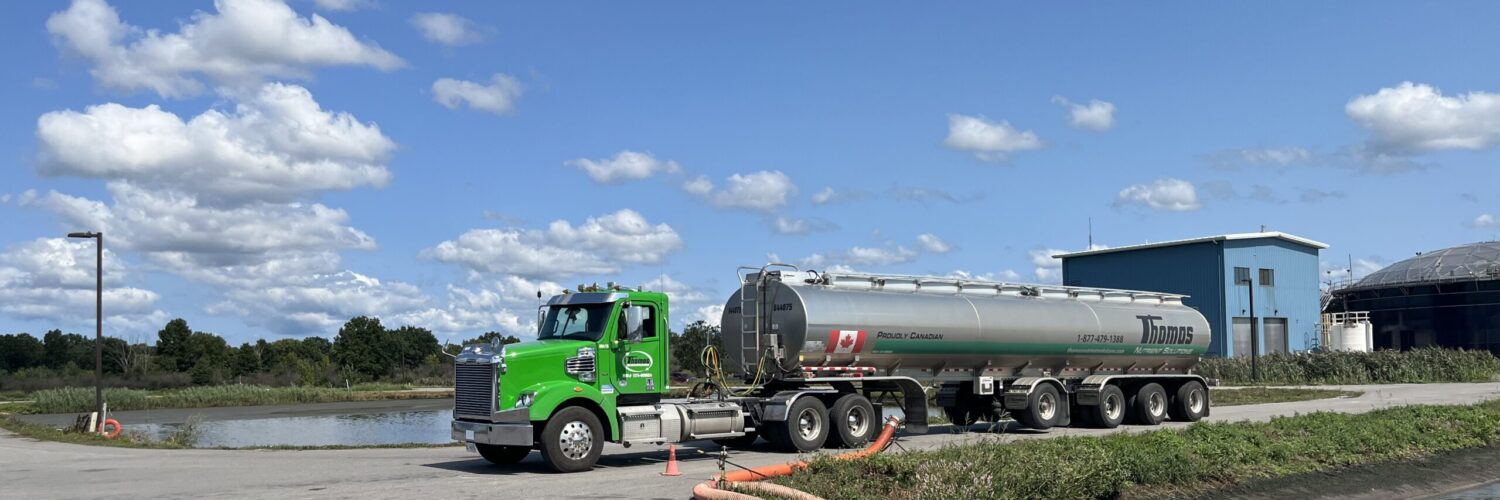One of the main fixtures of any water treatment facility are progressive cavity (PC) pumps or screw pumps. These are important for propelling sewage sludge from the source and transporting it to the plant for treatment. It is useful for transporting viscous and abrasive fluids, making it ideal for thickened liquids like waste activated sludge.
A screw pump is simply a single-helix metal rotor that rotates inside a pipe lined with a double-helix molded rubber stator. The combination of rotor and stator form a series of pockets that progressively move sludge through the length of the pump in a pulseless flow. Because the rotor and stator need to have tight tolerances to function optimally, it would be important to filter out certain materials that can damage the pumps.
Wastewater sludge by nature is a high-viscous, solids-enriched fluid that can contain pump-clogging materials such as large solids, rags and fibers. These inorganic debris can eventually slip through a plant’s initial screens and become part of the process stream, which is trash in the plant sludge.
In recent years, there has been a proliferation of disposable wipes and personal hygiene products found in today’s raw sewage that has compounded the problem. These materials settle within digesters and form larger masses that a PC pump cannot pass. Other solid waste materials such as small rocks can also damage a PC pump’s rotor or stator requiring expensive repairs.
Protecting the pumps from the clogs and damage caused by unwanted debris has been the priority of wastewater treatment managers and various solutions have been tried and tested with mixed results. They experimented with single-shafted comminutors and high-speed macerators for safeguarding PC pumps but have found limited success with them. They typically break down when dealing with tougher solids or fibrous materials like disposable wipes. The technology that ultimately satisfied plant engineers were the two-shafted sewage grinders.
Two-shafted grinders utilize low speed with high torque to turn two shafts of hardened steel cutters with a very tight interlace. These cutters can easily shred through any rags and other solids in the sludge. JWC Environmental is the leader in the two-shafted sewage grinders with its pipeline-mounted Muffin Monster suite of grinders. The Muffin Monster grinders can slice through tough debris like wood and small rocks that could otherwise damage PC pump components.
Muffin Monster grinders have excelled in de-clogging plant sludge systems and have become a proven solution for several years. It has eliminated costly pump repairs and reduced unnecessary employee exposure to biosolids. These grinders have since become a standard piece of equipment for protecting other sensitive plant systems like centrifuges and heat exchangers.
JWC Environmental has recently tackled the issue of increased disposable wipes in waste streams. Older two-shafted grinders tend to slice wipes into longer strips that were prone to reforming into pump clogging ragballs and ropes. In response to this issue, JWC introduced the “Wipes Ready” cutters for its Muffin Monster grinders which are engineered to crosscut wipes and other fibrous material into smaller pieces that prevent clogging of PC pumps.
As long as progressive cavity pumps remain a standard piece of equipment in sewage treatment plants around the world, inline two-shafted grinders like the Muffin Monster will continue to be the necessary complement to provide effective debris de-clogging to keep the sludge flowing.
If you are a municipality in Ontario and in need of a biosolids management solution, please feel free to contact us at 1 (877) 479-1388.
Sources:
https://www.tpomag.com/
https://www.globalwatergroup.com.au

